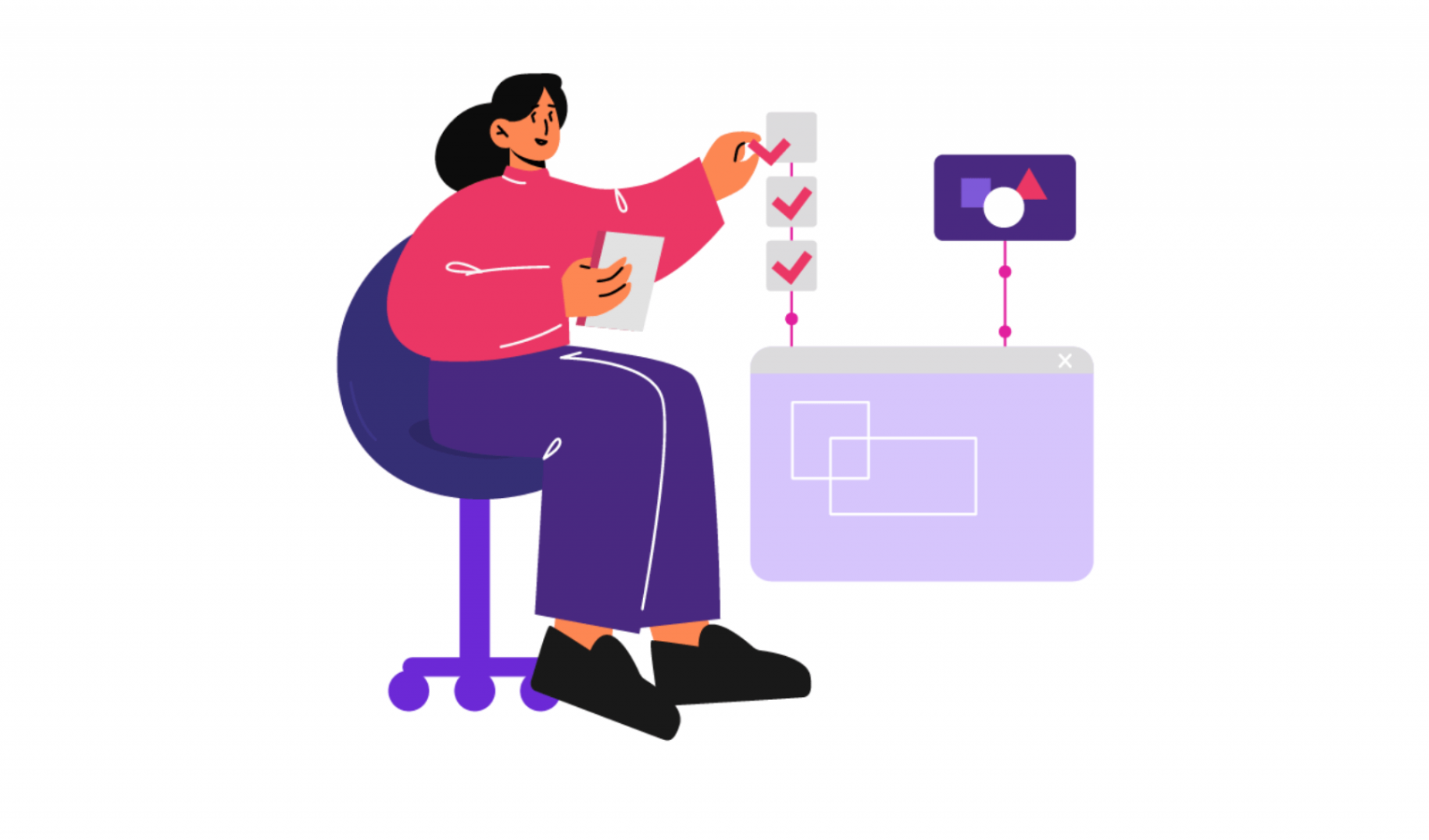In order to maintain their appeal, businesses must grow their online presence in addition to their geographic reach. Statistically, approximately 80% of Microsoft survey respondents prefer businesses that maintain a web portal. 90% of typical global respondents anticipate that a brand will have a web presence. 74% of the average global response rate utilized self-service online portals. Evidently, online portals are in high demand, thus as a business owner, you should at least consider establishing one.
This article will examine the definition, variety, and benefits of online portals. We will also provide instances of web portals and the benefits they may offer to businesses.
1. Definition of a web portal
What exactly is a web portal? A web portal is, in brief, a web-based platform that offers workers, customers, and suppliers a single point of access to information. A web portal can be utilized to give the user customized information, such as employee training, safety guidelines, or a customer profile. A web portal may also be utilized to increase the cooperation of information and the interaction between employees, customers, and suppliers.
An online business portal can mirror the appearance and feel of your company and provide you with more control over your daily operations. A web portal may be accessed quickly and simply on a desktop or mobile device, such as a smartphone or tablet, regardless of the time or location of the user.
2. What kinds of online portals exist?
Vertical and horizontal web portals can assist you to shape how your organization runs.
Vertical web portals concentrate on a particular application or company function, such as human resources, accounting, finance, customer relationship management, enterprise resource planning, service management, or warehouse management. They enable both internal and external users to see, edit, and contribute to processes inside a specific application (s).
For instance, a company may desire to provide a customer online portal that allows suppliers to see, contribute to, or modify order status details and other relevant information.
Horizontal web portals allow consumers to access aggregated data from various apps through a single view. (This is not to imply that vertical portals are incapable of aggregating data from other apps, but it is not their major focus.)
This sort of online portal eliminates the need for users to log in to many key business programs in order to read, write, or combine data. Therefore, it may considerably enhance the performance and productivity of users.
A typical horizontal web portal may take the shape of a management reporting system that displays Key Performance Indicator (KPI) data from numerous business systems. Users of these types of online portals often read/generate reports from data inside their view, but they can also enter data and initiate workflow processes if necessary.

3. Does your company require a web portal?
There are a number of reasons why an SME should consider web portal development. A single company "pain" or "flash point" might initiate the process of building and establishing an online business portal. The major drivers have typically distributed teams and offices or the desire to increase communication and information access between your company and its suppliers. Obviously, these might change based on the nature and operation of the organization. Key indicators that you may require a web gateway include:
- Multiple-site facilities, such as a national/international office
- Remote or mobile staff
- Requirement for external contribution to data and procedures, such as supplier or channel retailer management.
- The need to provide IT licensing options that scale
- Increase the visibility of information, such as by department, manager, or for a particular individual.
- Existing company systems lack a crucial module required by your precise day-to-day procedures.
4. Web Portal Examples
Web portal software enables the consolidation of information from different sources, facilitating the sharing of material among several departments, consumers, and suppliers. Typical examples of online portals utilized by SMEs include: Sales portal, Project management portal, Customer portal solution, Membership Portal, CRM portal, Human Resources portal, Intranet portal Business portal.
Discover a variety of prebuilt and highly configurable customer portals from our marketplace on Codeless Platforms.

Final thoughts
Web portals offer a distinctive consumer experience and contribute to the formation of a self-sufficient, brand-loyal community. Consider our services if you are contemplating establishing your own web portal or if you need assistance determining which form of the portal would best fit your needs.
If you are looking for a trusted IT partner, VNEXT Global is the ideal choice. With 14+ years of experience, we surely can help you to optimize your business digitalization within a small budget and short time. Currently, we have 400+ IT consultants and developers in Mobile App, Web App, System, Blockchain Development and Testing Services. We have provided solutions to 600+ projects in several industries for clients worldwide. We are willing to become a companion on your way to success. Please tell us when is convenient for you to have an online meeting to discuss this further. Have a nice day!












